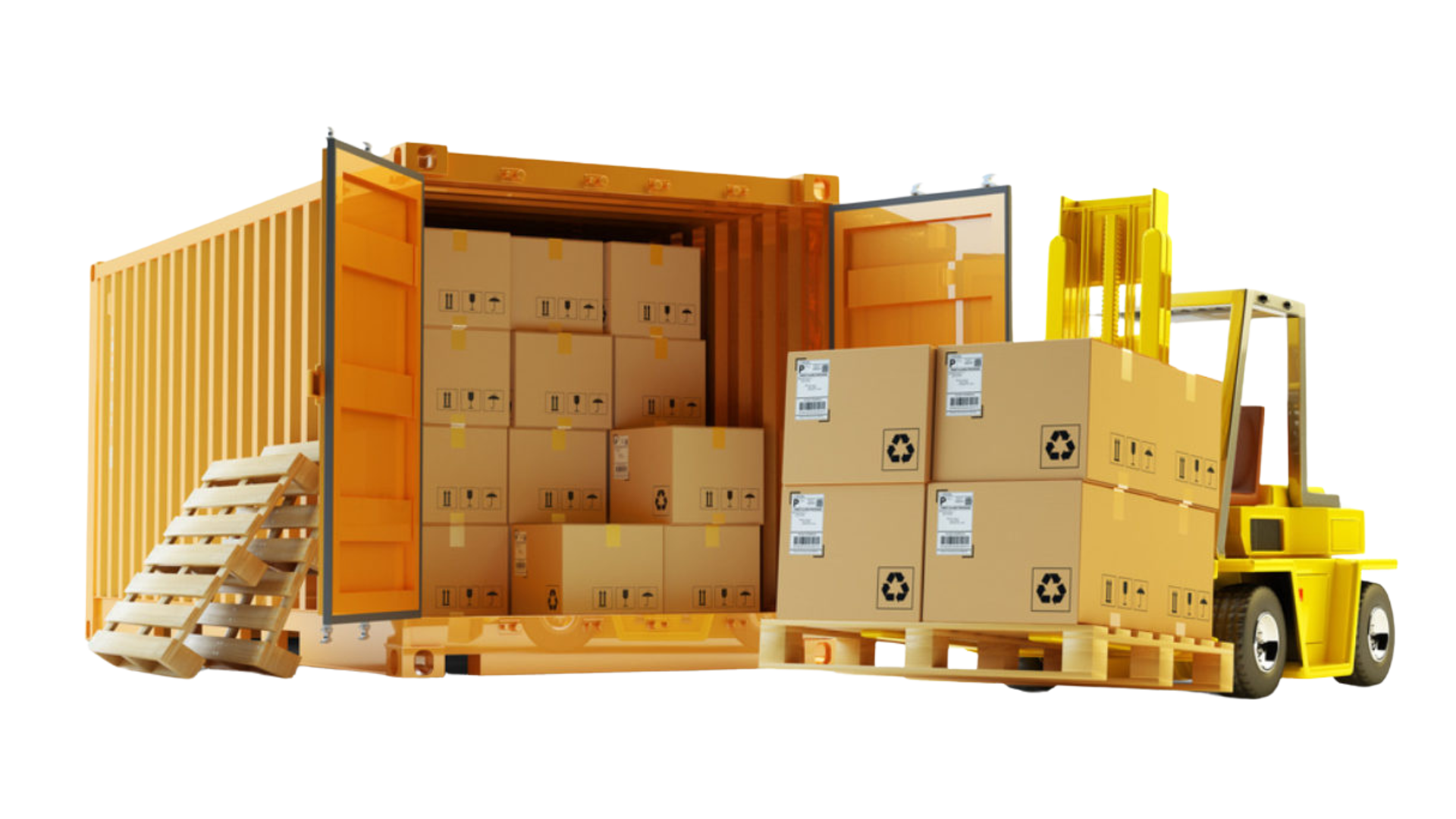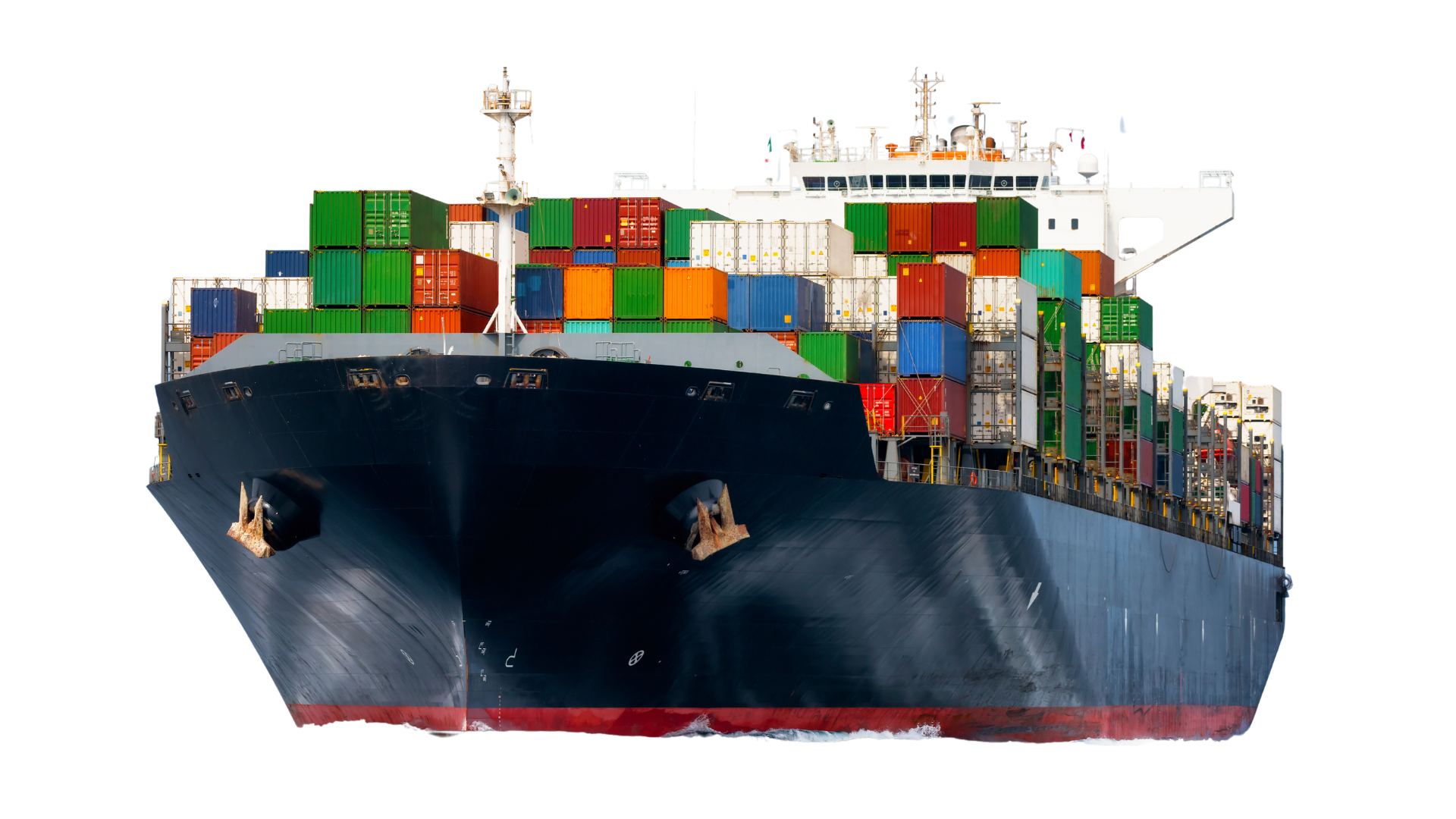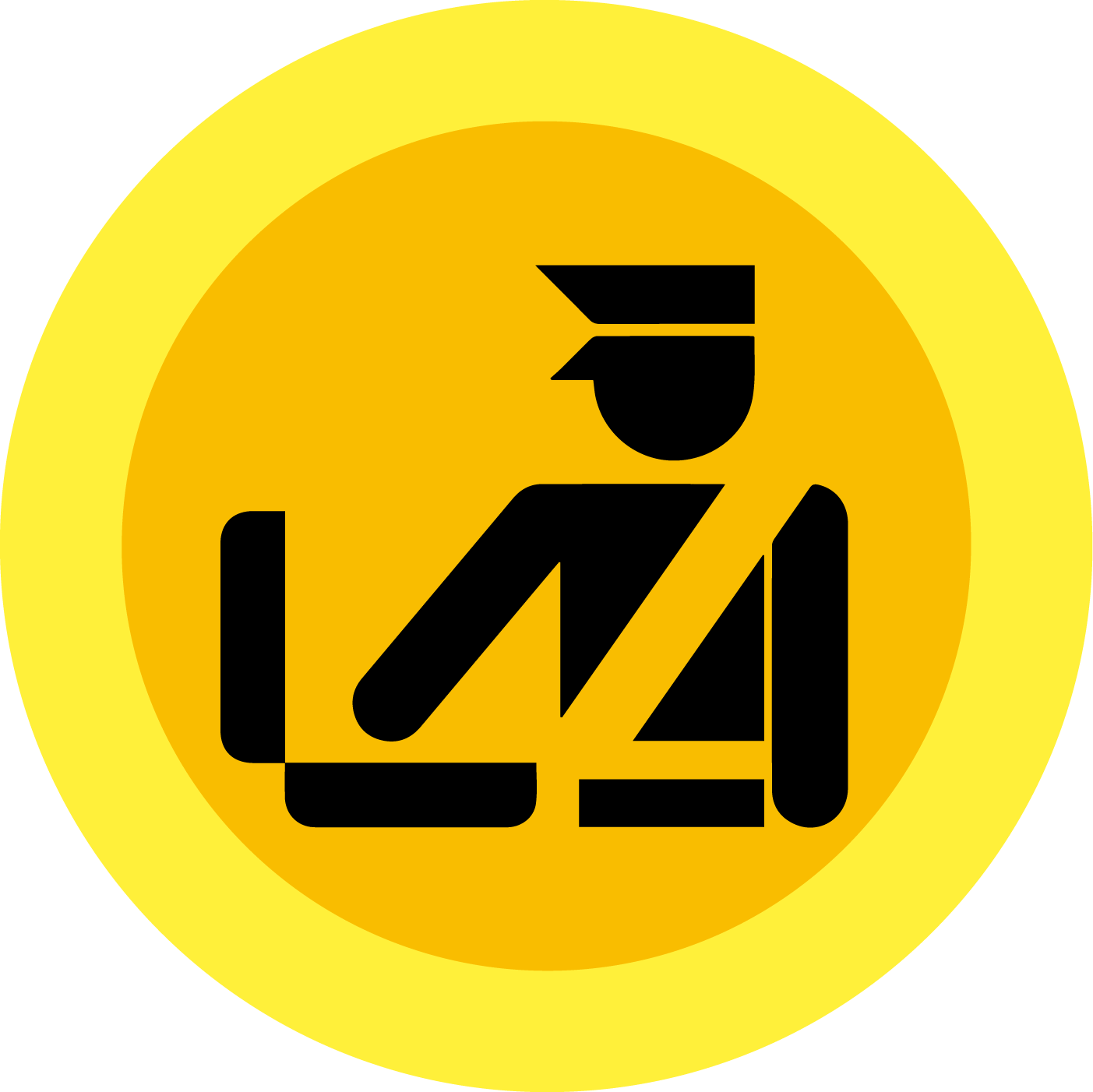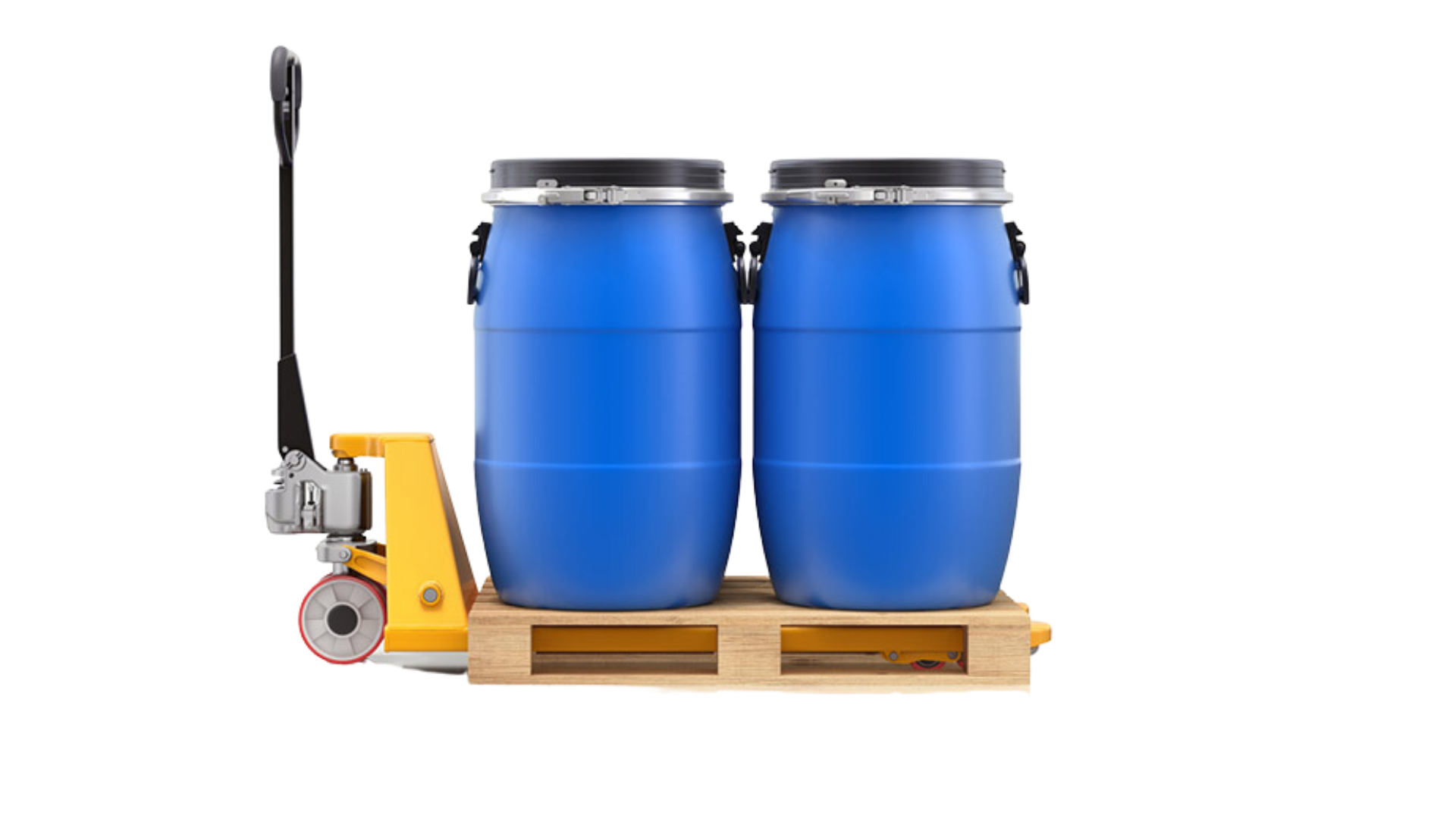Merchandise Processing Fees (MPF):

These fees are collected by the Customs and Border Protection Office (CBP) and apply to goods formally entered into the United States, in order to cover the costs associated with the processing of imports and the maintenance of port infrastructure.
Exceptions:
Goods under chapter 98 of the HTSUS
(except fractions 9802.00.60 and 9802.00.80) and
goods imported under T-MEC/USMCA.
• The MPF applies to all goods
imported to the United States.
• The MPF rate is 0.3464% of the value of the goods. This means that for every $100 of merchandise value, $0.3464 is charged in MPF.
Load limits
Rate
.
0.3464%
of the value of the merchandise
Max
.
$523.33
Min
.
$27.23
Optimize your import costs with
our specialized service!
We take care of the entire customs process to
so you can focus on growing your business.
Harbor Maintenance Fees (HMF):

Port Maintenance fees apply to goods formally imported into the United States.
These fees are charged by the U.S. Customs and Border Protection (CBP) and apply to formally entered merchandise in the United States, aiming to cover the costs associated with import processing and port infrastructure maintenance.
Exceptions:
Air shipments, tickets
informal, and exports
Rate 0.125%
of the value of the merchandise.
Circumstances:
• Formally Imported Goods
• Entry by sea
• Does not apply to certain shipments
• Port Maintenance Costs
Save time and money on your imports!
Let us handle complex port procedures while you focus on your business.
Process of importing goods in the USA: Quick Guide

Importing goods into the United States involves two key stages to comply with Customs and Border Protection (CBP) regulations:
Presentation of Release Documents:
The necessary documents must be provided to determine if the goods can be released by CBP.
Entry Summary (Form 7501):
The presentation of this document is required for the detailed declaration of the classification, duties, taxes and rates of the goods.
Highlights
Digitization:
More than 99% of all Entry Summary forms are submitted electronically via Electronic Data Interchange (EDI).
Automated Broker Interface (ABI):
It is the system that facilitates EDI transmissions to CBP’s automated systems.
Entry Types:
Entry Summary forms are organized by “entry type,” with 96% of them classified as type 01 (consumption) and type 11 (informal), allowing for more efficient processing.
ACE eManifest: Essential Information for Shippers
The ACE eManifest program is a mandatory requirement for shippers crossing US land borders, designed to improve security and facilitate trade.
eManifest Presentation:
Must be submitted to CBP via electronic data interchange (EDI) or through the ACE Secure Data Portal.
Presentation Time Before Arrival:
- 1 hour for most transportation.
- 30 minutes for FAST boarding.
Manifest Requirement:
- Both the ACE Manifest and the Customs Broker’s entry number must be presented to CBP.
- The association of eManifest data with input data is done using the shipping control number (SCN).
Required Cargo Information:
- Transportation number and SCAC code of the carrier.
- Voyage number (Bill of Lading) and foreign location where the cargo is taken possession.
- Scheduled date and time of arrival at the first US port of entry.
- Precise cargo details including numbers and quantities, weight, description or HTS classification at the 6-digit level.
- Information on hazardous materials (HAZMAT) and required insurance.
- Complete details of the shipper and consignee.
- Driver and crew information.
Modalities in E-Manifest
The E-Manifest system offers various modalities for the processing of commercial shipments entering the United States, providing flexibility and efficiency in customs management. Here are the main modalities:
Simple Bill (before PAPS)
It is the default modality for commercial goods, allowing the prior clearance of merchandise.
In-Bond
Facilitates the movement of merchandise that has not yet been considered “released” by CBP.
Section 321
Allows the import of goods with a value of less than 800 USD, streamlining the process for lower value shipments.
Instruments of International Traffic
Intended for empty vehicles and containers that cross the border in international transport, simplifying customs procedures for these elements.
Simplify and speed up the process of your shipments to the United States
take your logistics to the next level.
Requirements for Hazardous Materials (HAZMAT) Importations

Pre-arrival Notification:
24 hours prior:
Notification must be made 24 hours in advance of the arrival of the HAZMAT shipment.
Documents in order:
Include manifest with “HAZMAT” (letter 48), invoice in English, Material Safety Data Sheet (MSDS) and UN number in the trip details.
Recurring shipments:
6 hours in advance for recurring shipments (at least 2 or 3 per week), notify 6 hours in advance of arrival.
Document reservation:
Maintain a complete set of documents with the port HAZMAT coordinator, including MSDS and UN number.
Document update:
File under importer and update quarterly if necessary.
Guarantee the Security and Compliance of your Imports with Our Specialized Assistance!
Power of Attorney Format for Customs Transactions

To grant powers to conduct Customs business transactions, Form 5291 may be used.
This document is crucial to authorize third parties to act on behalf of the grantor in customs matters.

If this form is not available, a general power of attorney with unlimited authority or a limited power of attorney, explicit in its terms and executed in a manner similar to Form 5291.5291, may be used.
Bond Requirement in Customs Transactions
To release the merchandise in customs processes, a bond in format 301 is needed, which can be single or continuous.
However, in certain specific cases, no bond will be required:
- Informal entry with merchandise value
less than $2500. - Presentation of Form 7501 with payment of
taxes at the time of entry and without debts with US customs.
Bond is always required in the following cases:
- Merchandise subject to quota.
- Merchandise that is difficult to value and/or classify.
- Merchandise that may require return.
